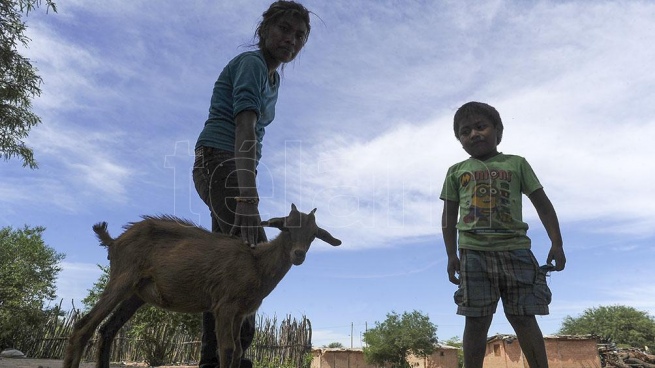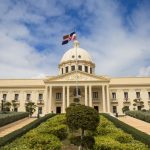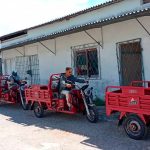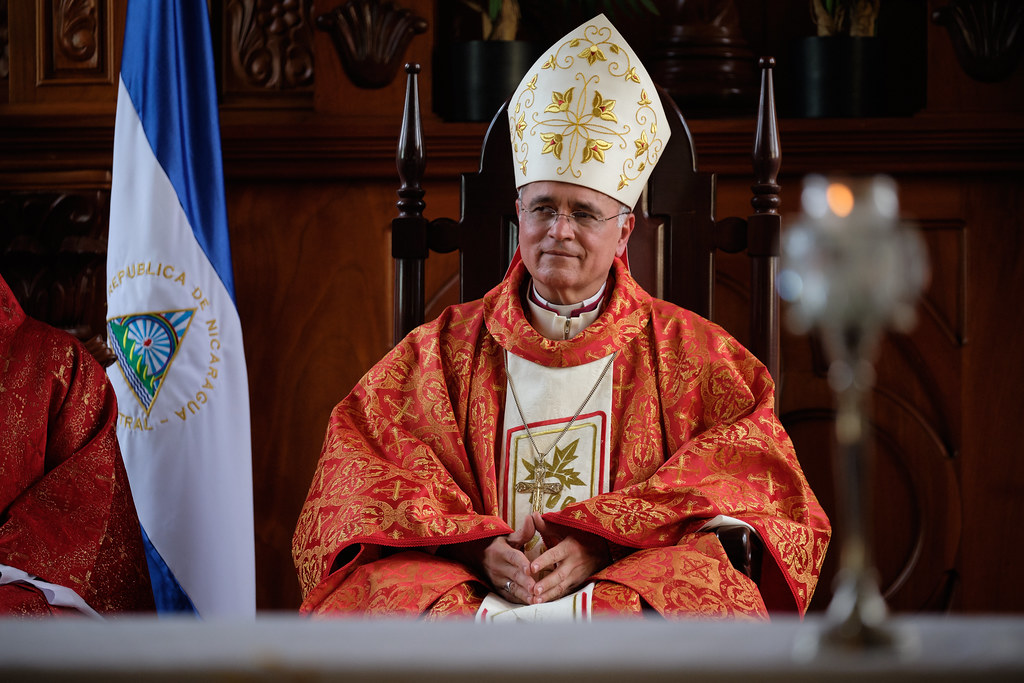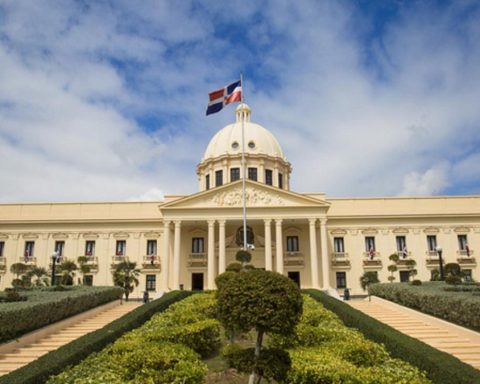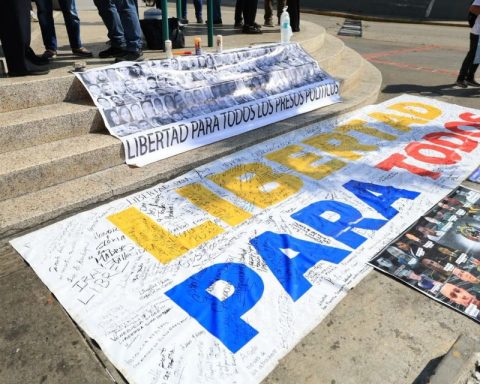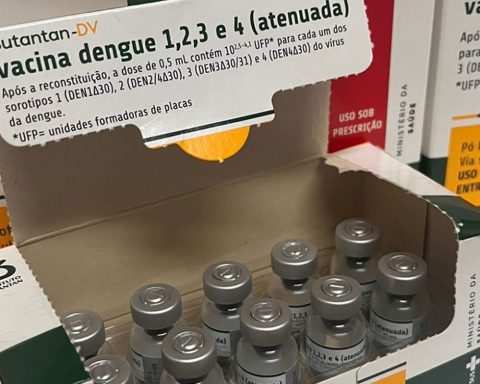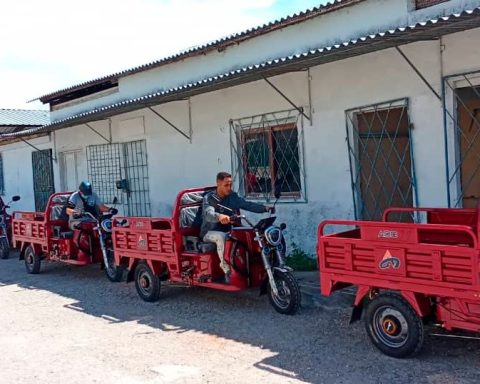Linguists and referents of native peoples of Argentina warn that, despite the sustained withdrawal in the use of most indigenous languages due to the social vulnerability in which some of their speakers live, some “emerge” in the memory of older people, who carry out an active exercise to transmit it to their descendants.
In this sense, the United Nations, through UNESCO, proclaimed the period between 2022 and 2032 as the International Decade of the World’s Indigenous Languages. The multilateral body seeks to “draw the world’s attention to the plight of many indigenous languages and mobilize stakeholders and resources for their preservation, revitalization and promotion.”
Beatriz Gualdieri is a linguist with training in Peru and Brazilworks as a teacher in postgraduate training for indigenous educators in Bolivia and currently also coordinates the Area of Interdisciplinary Studies in Aboriginal Education, at the National University of Luján.
Interviewed by Télam, the specialist considered that “the fate of languages is inevitably tied to their speakers. They exist only as intertwined with the life of people in community.”

For Gualdieri, “Nor do we people exist without one or more languages in our lives. Different types and degrees of bilingualism are not uncommon, although in the imaginaries that support and are historically supported in the construction of our ‘national identity’, this equation inherited from Europe is reinforced, which we can synthesize in the concept ‘a State, one nation, one language.
Veronica Azpiroz ClenanMapuche, political scientist, leader of the Epu Lafken Mapuche community of the Buenos Aires town of Los Toldos and member of the Indigenous Professionals Network, told this agency that “in general, indigenous languages are all in the process of retraction or displacement due to the Castilian, except for Wichí and Qom, which begin to be spoken both in early childhood and in adolescence”.
In turn, he indicated that both languages are being recovered in university settings or in community self-management settingswhile Mapuzdungun (Mapuche language) also “is a language in decline, because there was not and is not a generational transfer and it is spoken by older people. It is only after 40 years that we are beginning a revitalization process.”
For its part, Silvia Sosa, teacher, researcher and speaker of the Quichua language from Santiago and coordinator of the Higher University Technician course in Intercultural Bilingual Education with a mention in that language, pointed out that “the Quichua language of Santiago del Estero is a linguistic variety belonging to the Quechua family spread throughout the Andean zone from Colombia to Argentina with around eight millions of speakers”, lives also “a landscape of enormous vulnerability”.
“Most of the Quichua-speaking communities are located in rural areas with high rates of poverty“, so “being a Quichuista is synonymous with backwardness and poverty, in the social imaginary that is still in force. Added to this is the degree of bilingualism and the displacement of hundreds of people from Santiago living in the suburbs of Buenos Aires and many others distributed throughout the country, “he added.
Gualdieri argued that “the original language is no longer spoken, cornered, because the domination and stigmatization is so drasticand so vital is the need to speak the dominant language (the need to ‘integrate’, in principle at work), that the socialization of the new generations begins to take place in that dominant language, after two or three generations there is hardly any more than memory of that own language, and some terms in the dominant language”.

In Argentina there are between 16 and 36 indigenous languagesaccording to the mapping carried out in the “International Year of Indigenous Languages 2019” by the University Center for Languages of the National University of Buenos Aires (UBA).
Indigenous specialists and referents agree in pointing out the lack of official and updated quantitative data. “After 200 years of history of the Argentine State, there is still no institutional framework that deals with the issue, that regulates, standardizes and provides quantitative data on the situation and status of languages, number of speakers, recoverers, teachers, etc. This was what the process of installing question 24 on linguistic diversity in the 2022 Census uncovered,” Cleñan said.
For his part, Sosa pointed out that there has been progress, but it is not enough: “with the reform of the National Constitution, in 1994, there was a great advance from the incorporation of article 75, paragraph 17 and the subsequent implementation of the Education Program Intercultural Bilingual, but it is not enough”. This article recognizes “the ethnic and cultural pre-existence of the Argentine indigenous peoples”.
Gualdieri questioned the term “extinction” since “supposedly extinct languages have emerged in the memory of old men and women” and recommended “a beautiful documentary from Canal Encuentro (Guardians of the language/Yagán), where a granddaughter of Cristina Calderón ‘the supposed last speaker of Yagan’ has been carrying out, from linguistics, a documentation and research work on that language”.
